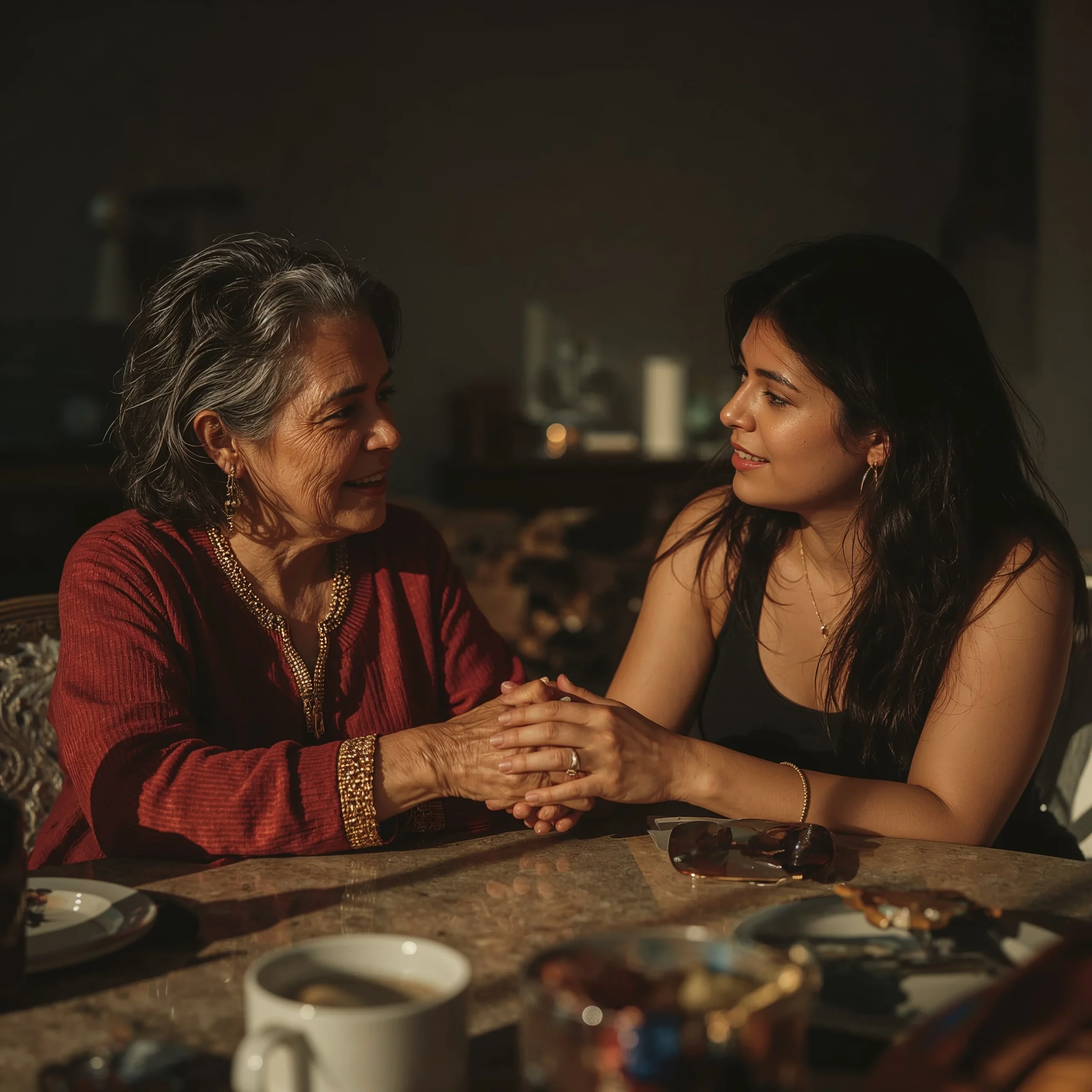Many people are hearing the phrase “decolonizing mental health,” but may not be sure what it really means. Simply put, decolonizing mental health is about making therapy and healing practices more inclusive, respectful, and supportive of people from all backgrounds,…








